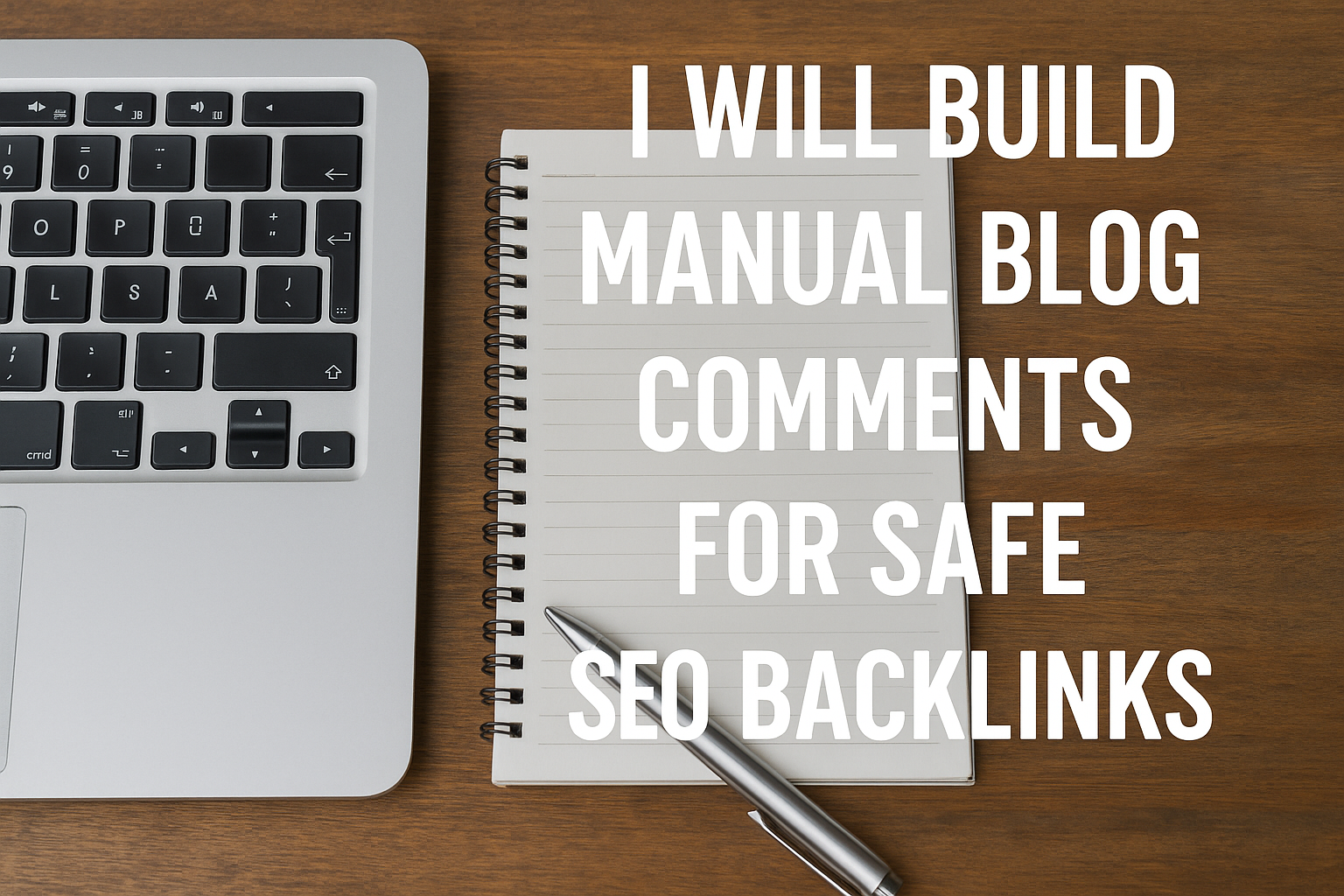In the world of digital marketing and search engine optimization, there has been endless debate about whether blog comments are still useful for building backlinks, boosting rankings, and creating trust. While many dismiss blog comments as outdated or spammy, the truth is that when done correctly, they remain a powerful tool for SEO and brand authority. The key lies in quality, relevance, and authenticity.
Blog comments are not just about dropping a link and moving on. Google’s algorithms are smart enough to identify spammy, irrelevant, and low-quality comments. What they value instead are genuine contributions that enhance the conversation, provide value, and establish the commenter as someone knowledgeable in their field. When your comments are thoughtful, insightful, and connected to the topic, they can help drive targeted traffic to your website while also building trust with both readers and site owners.
One of the biggest advantages of using blog comments as part of an SEO strategy is relationship-building. By regularly engaging with blogs in your niche, you show consistency and reliability. Over time, blog owners may recognize your name and brand, which can lead to opportunities like guest posting, collaboration, or high-quality backlinks. In many cases, blog comments are the first step to forming these connections, making them far more valuable than many people realize.
When writing blog comments, the focus should always be on quality. A generic “Great post, thanks for sharing” does little to stand out. Instead, take the time to read the article thoroughly and leave a comment that addresses specific points, asks relevant questions, or provides additional insights. This kind of interaction not only catches the attention of the blog owner but also makes other readers curious about who you are and what you do. Naturally, many of them may click on your name or link, which drives organic traffic to your site.
Another important aspect of blog comments is their indirect impact on SEO. While most blog comments come with nofollow links, they still contribute to your website’s visibility. Search engines see your participation in different conversations across authority websites, which strengthens your overall presence and trustworthiness. Additionally, traffic that comes from meaningful blog comments has a lower bounce rate because visitors are genuinely interested in your perspective, which signals quality to search engines.
To make blog comments actually work for you, it’s important to choose the right platforms. Focus on authority blogs within your industry that have active audiences. Engaging on these sites ensures your comments are seen by the right people—potential clients, customers, or collaborators. Consistency is also crucial. Commenting once in a while won’t make much difference, but regular participation helps establish you as an authority voice in your niche.
It’s also essential to avoid spammy tactics. Overstuffing your blog comments with keywords or irrelevant links will not only hurt your reputation but could also lead to penalties. Instead, keep your comment natural and only include a link if it truly adds value to the discussion. In many cases, even without a direct link, the visibility and credibility you gain can lead to opportunities that benefit your SEO in the long run.
In conclusion, blog comments are far from dead. When done with the right mindset—focused on quality, authenticity, and relevance—they can build trust, strengthen relationships, and contribute significantly to SEO value. By leaving thoughtful blog comments, you not only gain potential backlinks but also open the door to organic traffic, improved authority, and long-term brand recognition.



